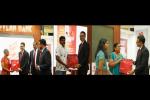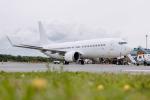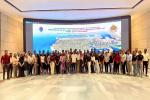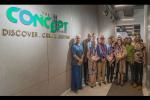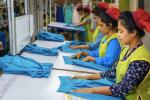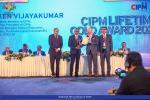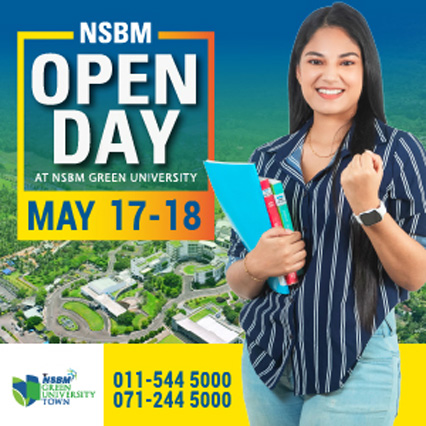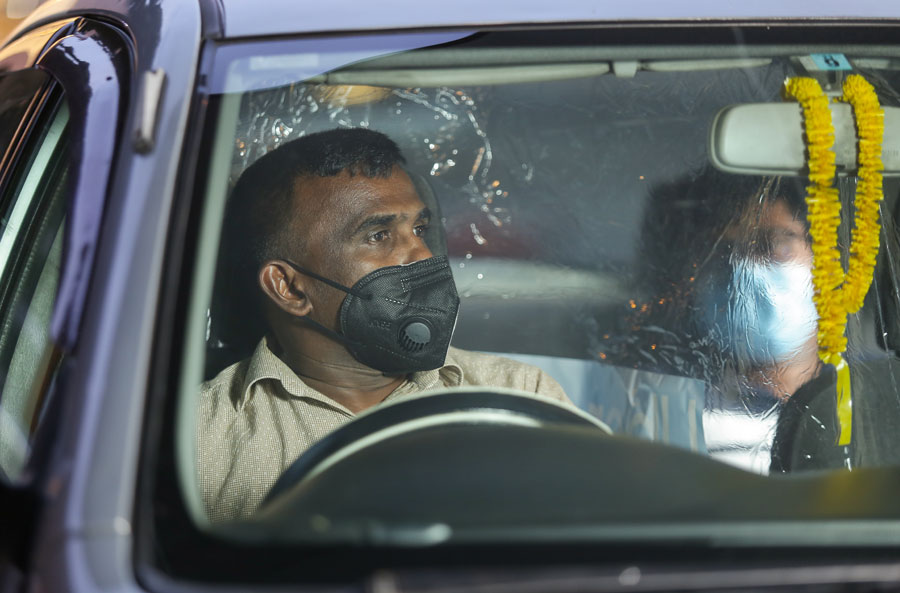These rides can also be redeemed for visits to medical facilities for non-covid medical purposes.
Uber will facilitate these rides through a unique and easily redeemable promo code, enabling each individual to avail four free rides for travelling to and from vaccination centers for two vaccine doses.
The maximum redeemable value of each ride is LKR 300 and the offer is valid till 31st December, 2021.
More than 1.6 billion children and youth worldwide were unable to attend school for months in 2020 because of the COVID-19 health crisis.
The pandemic has not only underscored the challenges faced by teachers, but has also highlighted the leadership, creativity and innovations needed to mitigate COVID-19’s impact on learning, particularly on students from disadvantaged and vulnerable communities.
Vaccinating teachers and school staff will facilitate a quicker reopening of schools for the benefit of students.
Emphasizing UNESCO’s commitment to the Right to Education, Eric Falt, Director and UNESCO Representative to Sri Lanka, India, Bhutan and the Maldives, said,
“We are very pleased to partner with Uber and contribute to the global initiative to remove barriers of safe transportation to vaccination centres.
This is extremely timely and will ensure that teachers and others in the education ecosystem are prioritized for the COVID-19 vaccine as the country recovers from the current wave of the pandemic.
We hope this will speed up the reopening of schools to get back to ‘in person’ learning, and also provide safety to teachers, their communities and students.”
Commenting on the partnership, Prabhjeet Singh, President, Uber South Asia, said,
“We’re delighted to be extending our global partnership with UNESCO to Sri Lanka.
It will facilitate access to vaccination centres and medical facilities for teachers and others in the education sector, helping thousands of children to get back to school and get on with their education.
Uber remains committed to ensuring mobility is not a barrier to getting vaccinated, thereby supporting Sri Lanka’s government to help save lives, and build back better.’’
As a member of its Global Education Coalition, Uber worked with UNESCO and its partners during the first wave of Covid-19 to protect the right to education.
Building on the partnership, Uber pledged in March 1 Million free rides to UNESCO, with the aim of removing transportation barriers to access vaccinations for teachers around the world.
Uber’s 25,000 free rides to UNESCO in Sri Lanka is a part of this 1 Million rides global commitment.
In addition to supporting the vaccination drive for teachers, principals and other school staff in Sri Lanka, these free rides will further boost earning opportunities for drivers on Uber’s platform during these challenging times.
About Uber
Uber’s mission is to create opportunity through movement.
We started in 2010 to solve a simple problem: how do you get access to a ride at the touch of a button?
More than 15 billion trips later, we're building products to get people closer to where they want to be.
By changing how people, food, and things move through cities, Uber is a platform that opens up the world to new possibilities.
About UNESCO
UNESCO is the United Nations Educational, Scientific and Cultural Organization.
It seeks to build peace through international cooperation in Education, the Sciences and Culture.
It's programmes contribute to the achievement of the Sustainable Development Goals defined in Agenda 2030, adopted by the UN General Assembly in 2015.
In this spirit, it develops educational tools to help people live as global citizens free of hate and intolerance.
UNESCO works so that each child and citizen has access to quality education.
By promoting cultural heritage and the equal dignity of all cultures, it strengthens bonds among nations.
UNESCO fosters scientific programmes and policies as platforms for development and cooperation.
UNESCO stands up for freedom of expression, as a fundamental right and a key condition for democracy and development.
Serving as a laboratory of ideas, UNESCO helps countries adopt international standards and manages programmes that foster the free flow of ideas and knowledge sharing.
